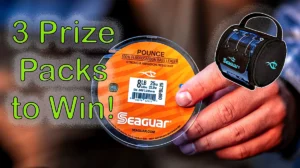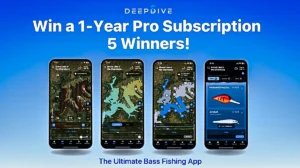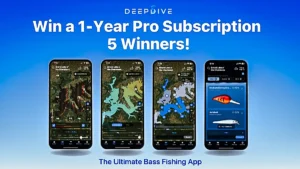In this industry, as with any other, copycats are a part of the business. Company A creates a product that works, and soon thereafter, 11 other companies introduce facsimile products. Despite the rancorous voices who oftentimes disagree with me on this, if it works, why not copy it?
But…what if it doesn’t work? What if what you see other companies doing, and then blindly follow, actually sets your brand back? Maybe it looks good on paper, or maybe conventional wisdom says it should work, but when you look closer it could be a facade that ultimately serves to devalue your brand. Would you still say it’s a good idea?
I think product giveaways are one such facade. I know… I know… They “work.” You gain “customers.” It calls “attention” to your brand from “people who might not otherwise have heard of (your) products and might never have tried them otherwise.”
That’s precisely my point. By and large, product giveaways—at least as managed by the majority of our industry—mainly serve to gain the attention of anglers who are unlikely to ultimately become a customer. In fact, many experts agree with me that giveaways can actually work to drive customers away from your brand.
By their very nature, giveaways “say” lower value, something the company can afford to lose without much hassle, which is why millions of businesses have pens, notepads, coffee mugs and sundry “tchotchkes” made up to give away. The cost is minimal so whatever benefit they garner by way of brand exposure is a net gain. But when was the last time you sought out a product simply because you took advantage of an offer for a free pen or mug with the name of that company on it?
But your reel or lure is different, right? Not really. In today’s retail climate, customers have innumerable choices when it comes to making purchases, and some of the largest influencers of buying behavior are “friends” and other members of the online community. Trust me, “free” is way down on any list showing influencers of buying behavior.
I have two big problems with giveaways.
First, they attract people who are interested in “free” products, not necessarily your free product. Think about it: When you announce a giveaway, it’s likely that only a small percentage of the folks who jump aboard would ever be interested in your product, and if they were, would giving them a free product (a) push them to buy your product in the future? or (b) push enough folks to try the product to offset the expense of the giveaway itself? I say no. Giveaways are a feel-good, me-too idea that’s largely being used because companies are choosing the easy way out in the quest to market their products.
My second problem with giveaways is how they are handled in this industry: “Visit our Facebook Fan Page and register to win a free…” OK, then what? You gain a “Like” and the dozens or hundreds of folks who continue visiting your page each day are largely ignored. They post images, and no one from the company comments. They ask questions, and no one responds. You think they’ll return once the winner of the prize is announced? You’ve just thrown away a great opportunity to interact with a potential client/customer, but what you’ve really done is alienated him or her by making it clear that what you really wanted was for them to become a fan of your page.
What was intended as a benefit has all of a sudden become a cost to your company.
Let me be clear, however: I’m not saying giveaways overall are bad. I’m saying they are largely useless as currently used by our industry, and unless companies come to understand how to better use them, the potential for injury to their brands is real.
If you find it hard to get giveaways out of your blood, I suggest doing so with very low-cost, unimportant items and being realistic about what real benefits you derive.
Here’s a better option used frequently by other industries:
• Use a low-barrier opt-in instead of a true giveaway. As I’ve said, giveaways are no good to your business if they don’t enhance the likelihood that the consumer will purchase your product in the future. One way to get past that hurdle is to offer a very significant discount—say 90 percent off—for several of your popular but lesser expensive items and only for a small window of time, such as three days, 96 hours. The discount ensures price is not an impediment to the consumer purchasing/trying the product, but, maybe most important, it increases the likelihood that he or she is interested in your product anyway. (The partnered giveaways through sites like Wired2Fish serve as another low-barrier opt-in as well: The company knows that anyone who takes advantage of the giveaway is almost certainly a bass angler.) This is akin to the buy-one-get-one-half-off sales used by department stores.
Giveaways may not be the best way to grow a brand, but not all are bad if you offer an opportunity to opt-in on your brand and build a passionate following that you will continue to nurture and convert to leads. Don’t view them as numbers but as opportunities to interact with your new and potential loyal customers.












